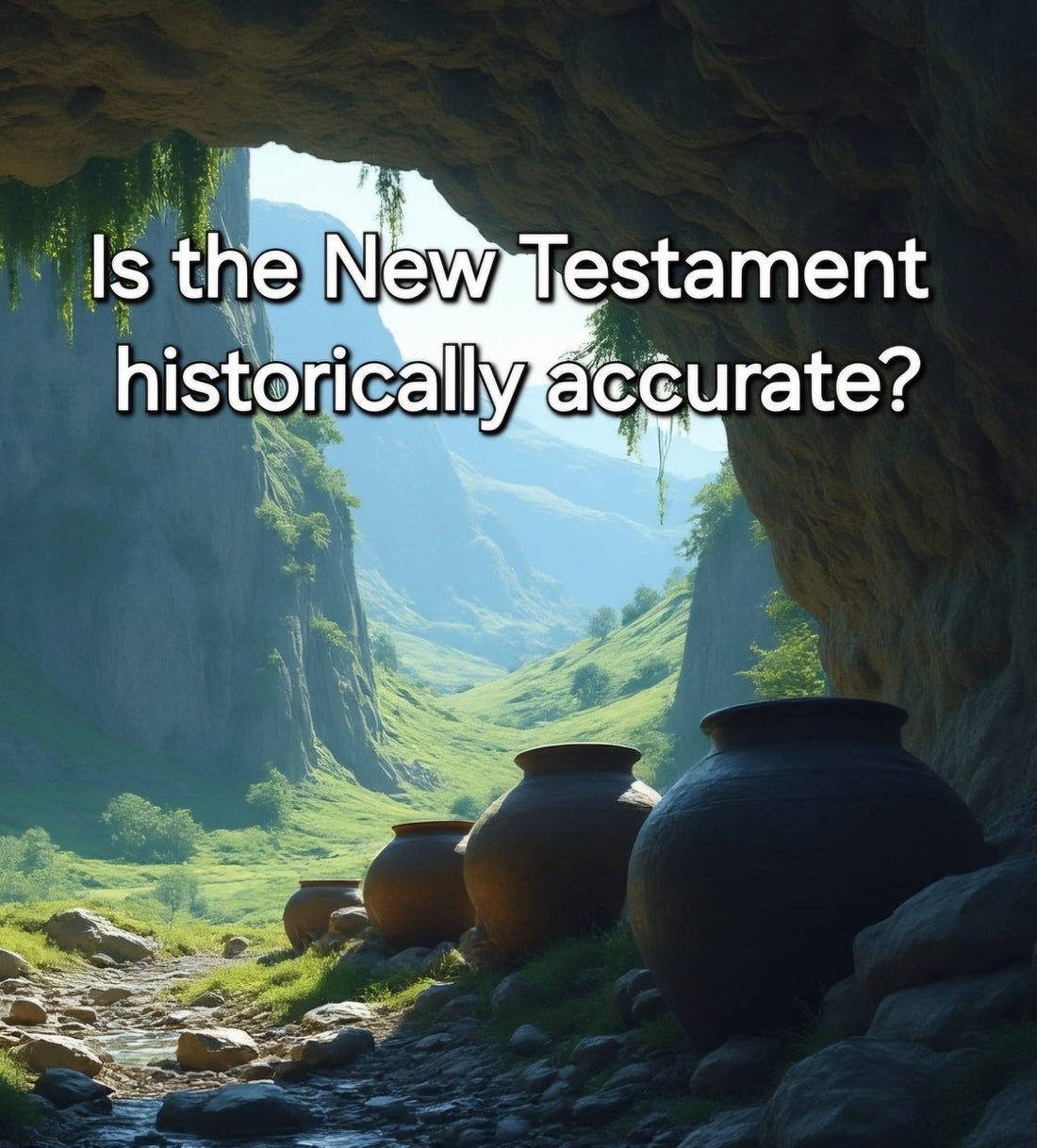
Is the New Testament reliable?
Daniel JusticeShare
The New Testament has an extensive manuscript tradition. Over 5,800 Greek manuscripts, along with numerous translations into other languages, exist. This number far exceeds the manuscript support for other ancient texts. The sheer volume and the early dating of some manuscripts (like the Rylands Library Papyrus P52, dating to around 125 AD) suggest a strong preservation of the text over time.
While there are textual variants among these manuscripts, scholars argue that the vast majority are minor (like spelling differences) and do not affect significant doctrines or historical claims. The core narrative and teachings remain consistent across these variants.
Archaeology has often confirmed details in the New Testament, from locations to customs. For instance, the mention of specific places like Capernaum or the description of houses in the time of Jesus has been supported by archaeological finds.
The New Testament texts claim to be based on eyewitness accounts or the reports of those who interviewed eyewitnesses. The early dating of these writings, especially the letters of Paul, which some scholars date within 20-30 years of Jesus's death, argues for a connection to the events described.
Non-Christian sources from around the same period, like Josephus, Tacitus, and Pliny the Younger, mention Jesus, his followers, and some events described in the New Testament, providing external validation for some historical elements.
Details that might be embarrassing or contrary to the interests of the early Christian community (like the denial of Peter or the initial disbelief in Jesus's resurrection by his followers) suggest these elements were not fabricated.
Some argue that the fulfillment of Old Testament prophecies in the New Testament adds to its reliability, though this is more a theological than strictly historical argument.
While there's no universal agreement, many scholars, both religious and secular, acknowledge that the New Testament, particularly the Gospels, contains historical information about Jesus and early Christianity, even if they debate the extent of its reliability or the supernatural claims.
